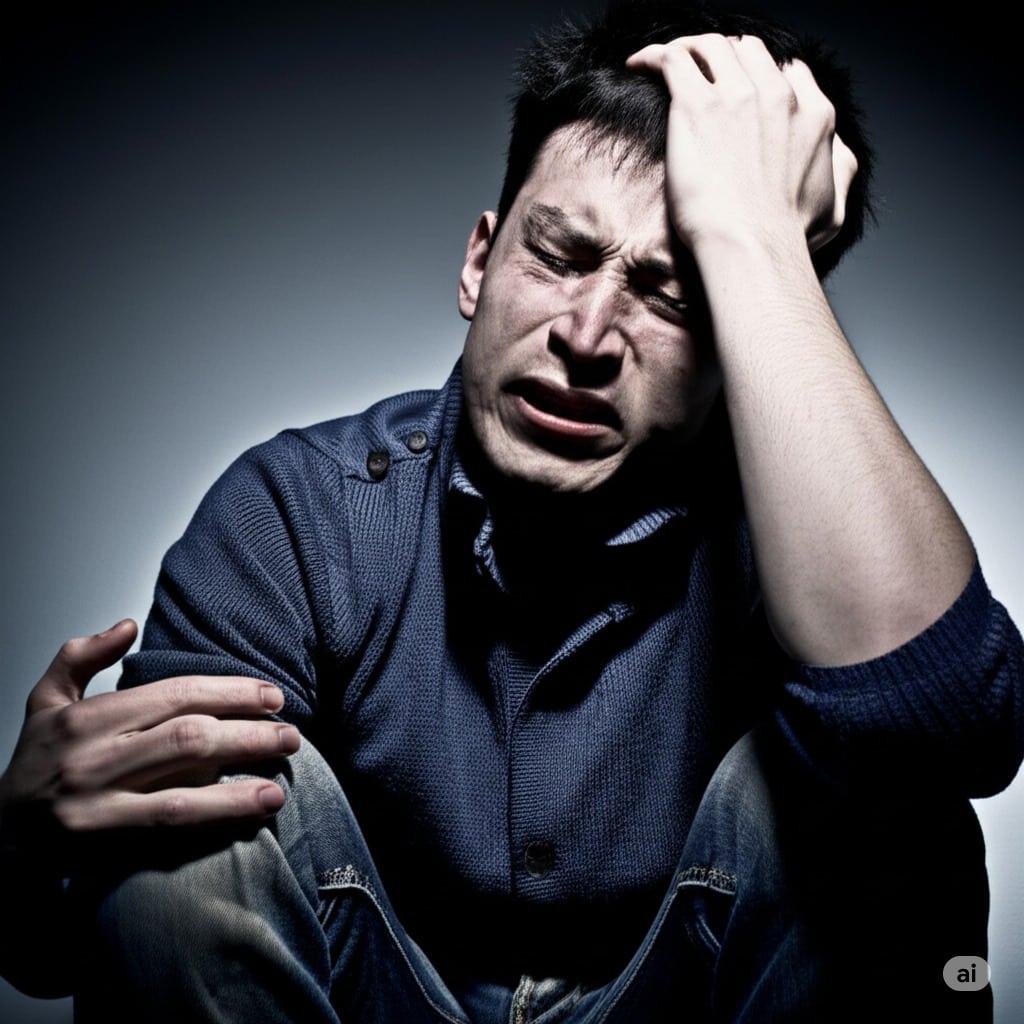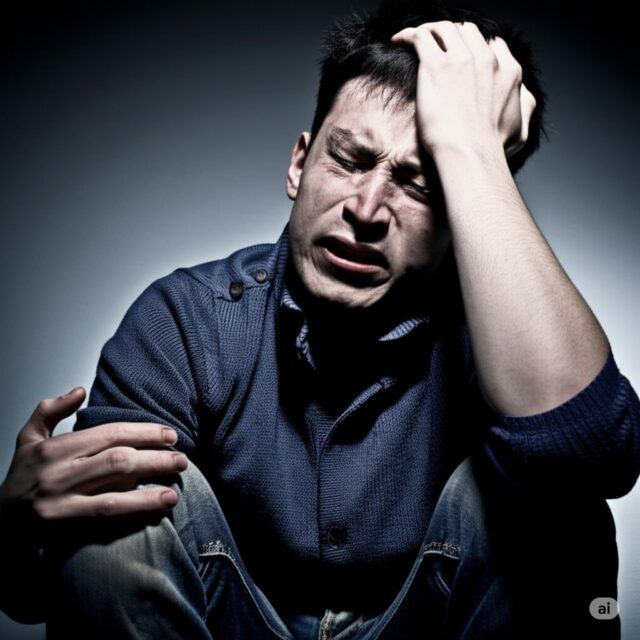Heroin Withdrawal Symptoms
Heroin addiction is a serious problem worldwide. Thousands of people struggle with this powerful drug every day. Understanding what happens when someone stops using heroin is important. Heroin withdrawal symptoms can be tough, and the detox process isn’t easy. Knowing what to expect helps those in recovery stay motivated. Most importantly, heroin detox can impact mental health a lot. Safe management and professional help are key to Heroin Addiction Treatment and for lasting recovery.
Understanding Heroin Addiction and Its Impact on the Brain
Heroin impacts your brain’s chemistry in a big way. It tricks the brain into thinking it needs the drug to feel good. Heroin targets the reward pathways that give you pleasure. Over time, the brain gets used to heroin and stops producing certain chemicals naturally. This leads to dependence, where the body craves the drug to function. Addiction isn’t just about physical dependence. It also causes mental health issues like depression and anxiety. These conditions often stick around long after stopping heroin.

Heroin Withdrawal Symptoms: What to Expect
When someone stops heroin, their body and mind go through big changes. Withdrawal symptoms can be physical or emotional. Recognizing these early can make treatment easier and safer.
Common Heroin Withdrawal Symptoms
Physical symptoms include:
- Nausea and vomiting
- Excessive sweating
- Muscle aches and chills
- Restlessness and rapid heartbeat
Psychological symptoms are just as tough:
- Feelings of anxiety or panic
- Mood swings and irritability
- Depression or hopelessness
- Trouble sleeping or insomnia
Severity of Withdrawal Symptoms
Not everyone feels the same withdrawal. Some experience mild discomfort, while others go through intense symptoms. Factors like how long you’ve used heroin, the amount taken, and your overall health affect this. If you’ve used heroin for years, symptoms may last longer and hit harder.
Recognizing Medical Emergencies During Withdrawal
While withdrawal often isn’t life-threatening, some signs need quick medical attention:
- Severe dehydration causing dizziness or confusion
- Seizures
- Chest pain or irregular heartbeat
If any of these happen, seek emergency care immediately.
Heroin Withdrawal Timeline: What Happens and When
Understanding the timeline helps plan safe detox. Most symptoms follow a basic pattern but can vary a lot.
Acute Withdrawal Phase (First 24-72 hours)
This is when physical symptoms show up fast. Nausea, sweating, and muscle aches usually hit within hours. The worst symptoms peak between days 2 and 3. Dependence makes this phase very uncomfortable. Symptoms last about 3 to 7 days for most.
Subacute Phase (Days 4-10)
Physical symptoms start to fade. Still, cravings and mood swings can linger. Psychological struggles like anxiety or depression might get worse at times. This phase tests your mental strength.
Post-Acute Withdrawal Syndrome (PAWS)
Some people face long-lasting mental health symptoms even after physical detox ends. Anxiety, depression, trouble concentrating, and mood swings may stay for weeks or months. This is common and needs ongoing support.
Factors Affecting Timeline Durations
Every person’s detox is different. How much heroin was used, how long they used it, and personal health all influence how long symptoms last. Co-occurring mental health conditions can extend recovery time.
Detoxing from Heroin: Methods and Best Practices
Detox methods range from medical to natural approaches. Choosing the right plan is critical.

Medical Detox
Supervised detox at clinics or hospitals offers the safest way to quit heroin. Doctors often use medications like:
- Methadone
- Buprenorphine
- Clonidine
These can lessen withdrawal symptoms and reduce cravings, making detox smoother.
Home Detox and Natural Methods
Some try quitting cold turkey at home. This can be risky, especially without support. Without medical help, symptoms can get worse, leading to dehydration or relapse. So, home detox should only be done under a doctor’s advice.

Supportive Care During Detox
Psychological support makes a big difference. Counseling and therapy help manage cravings and emotional ups and downs. Combining medication and therapy gives the best chance to succeed.
Role of Professional Treatment Programs
Many addicts find success in complete treatment centers. These offer therapy, medical care, and support groups. After detox, ongoing therapy is vital to stay sober and rebuild mental health.
How Heroin Withdrawal and Detox Impact Mental Health
Detox isn’t just physical. It also deeply affects mental health, making support essential.
Psychological Difficulties During Withdrawal
Mood swings, irritability, and emotional storms are common. Some have trouble thinking clearly or concentrating. It’s normal to feel overwhelmed or hopeless during this time.
Long-term Mental Health Outcomes
Untreated, depression and anxiety can keep haunting an individual long after detox. Mental health issues increase the risk of relapse. That’s why addressing these conditions is necessary for full recovery. Integrated treatment that combines addiction help and mental health care works best.
Strategies to Support Mental Well-being
Psychotherapy options like cognitive-behavioral therapy (CBT) help build coping skills. Medication may also assist if depression or anxiety is severe. Developing healthy routines—like regular exercise, balanced eating, and sleep—also supports mental health. Building a strong support network keeps you grounded.
Increase Your Chances of Success
Heroin withdrawal involves tough physical and mental symptoms. The process from onset to recovery can take weeks, but proper treatment helps manage discomfort and mental health risks. Detox isn’t just about stopping heroin—it’s about setting the stage for a better, sober life. Seeking professional help greatly increases your chances of success. If you’re thinking about quitting, remember you don’t have to face this alone. Support, therapy, and dedication can lead you to lasting sobriety and improved mental health.
Local News Via - MyrtleBeachSC.com










